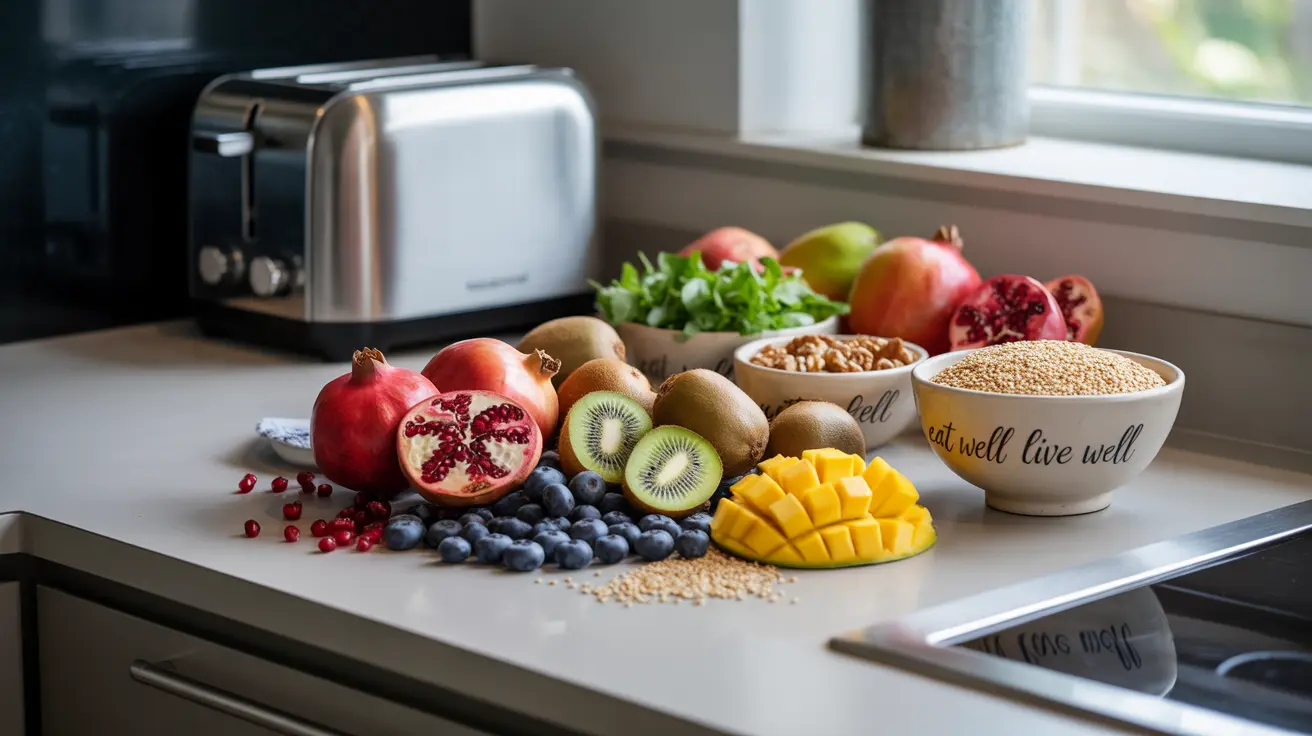Adopting a vegan diet can be a transformative choice for your health, the environment, and animal welfare. This plant-based eating approach eliminates all animal products, including meat, dairy, eggs, and honey, focusing instead on fruits, vegetables, legumes, whole grains, nuts, and seeds. Understanding how to maintain optimal nutrition while following a vegan diet is crucial for long-term success and wellbeing.
Understanding the Vegan Diet Basics
A vegan diet consists entirely of plant-based foods and excludes all animal products. This means careful consideration must be given to obtaining essential nutrients traditionally found in animal-based foods. The key is focusing on whole, nutrient-dense plant foods rather than processed alternatives.
Essential Components of a Healthy Vegan Diet
Protein Sources
Contrary to common belief, getting adequate protein on a vegan diet is achievable through various plant sources:
- Legumes (beans, lentils, chickpeas)
- Quinoa and other whole grains
- Tofu and tempeh
- Nuts and seeds
- Plant-based protein powders
Vital Nutrients to Monitor
Special attention should be given to certain nutrients that require careful planning in a vegan diet:
- Vitamin B12 (supplementation usually necessary)
- Iron (from leafy greens and legumes)
- Calcium (fortified plant milk, leafy greens)
- Omega-3 fatty acids (flaxseeds, chia seeds, walnuts)
- Vitamin D (sunlight exposure and fortified foods)
Health Benefits of a Well-Planned Vegan Diet
Research shows that a properly planned vegan diet can offer numerous health advantages:
- Lower risk of heart disease
- Reduced blood pressure
- Better weight management
- Decreased risk of certain cancers
- Improved blood sugar control
- Lower cholesterol levels
Common Pitfalls to Avoid
While a vegan diet can be incredibly healthy, there are some common mistakes to avoid:
- Relying too heavily on processed vegan foods
- Not eating enough calories
- Failing to supplement vitamin B12
- Not including enough protein-rich foods
- Overlooking the importance of healthy fats
Tips for Transitioning to a Vegan Diet
Making the switch to a vegan diet requires planning and patience:
- Start gradually by incorporating more plant-based meals
- Learn to read food labels carefully
- Experiment with new recipes and ingredients
- Stock your pantry with vegan staples
- Consider working with a registered dietitian
Frequently Asked Questions
What are the main health benefits of following a vegan diet?
A well-planned vegan diet can lead to lower blood pressure, reduced risk of heart disease, better weight management, and improved blood sugar control. It's typically high in fiber, antioxidants, and beneficial plant compounds that support overall health.
How can I prevent nutrient deficiencies while eating a vegan diet?
Prevent deficiencies by consuming a variety of whole plant foods, supplementing with vitamin B12, and ensuring adequate intake of iron, calcium, vitamin D, and omega-3 fatty acids through fortified foods or supplements when necessary. Regular blood work can help monitor nutrient levels.
What types of foods should I include in a balanced vegan diet to ensure proper nutrition?
Include a diverse mix of fruits, vegetables, legumes, whole grains, nuts, and seeds. Focus on nutrient-dense foods like quinoa, lentils, tofu, leafy greens, and fortified plant milk. Incorporate healthy fats from sources like avocados and nuts.
Can a vegan diet help with weight loss and managing blood sugar levels?
Yes, a whole-food vegan diet can support weight loss due to its typically lower calorie density and high fiber content. Plant-based diets have also been shown to improve insulin sensitivity and help manage blood sugar levels effectively.
What are the risks of eating a junk food vegan diet compared to a whole food vegan diet?
A junk food vegan diet heavy in processed foods can lead to nutrient deficiencies, weight gain, and health issues similar to any poor-quality diet. A whole food vegan diet, however, provides essential nutrients, supports healthy weight management, and offers numerous health benefits.




